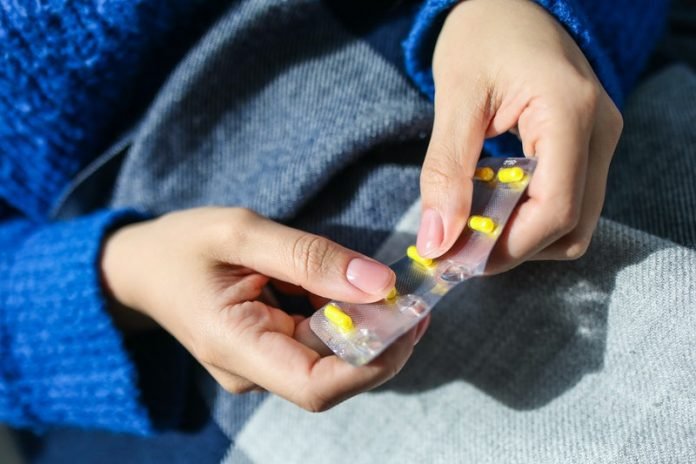
Why do 80 to 90% of people infected with COVID-19 experience only mild cases while 10 to 20% face more severe or life-threatening symptoms?
In a new study from Yale, researchers found that the causes of severe COVID may lie in our own antiviral inflammatory response to the virus.
They also showed that two well-known therapies—the use of monoclonal antibodies and the steroid dexamethasone—can help treat COVID-19 infections.
But in the case of the antibodies, treatment is only effective if administered early in the course of the disease. In the case of steroids, it’s only effective if administered during later stages of the disease.
The different immune system responses to the virus as observed in standard laboratory animals and humans has made it difficult for scientists to pinpoint the tipping point between mild and severe cases of COVID-19.
But the mice in the current study, which were engineered to have a human-like immune system, offered an opportunity to answer the question.
The research team introduced the SARS-CoV-2 virus taken from seriously ill human patients into the nasal passages of their humanized mice and then followed the course of the disease.
They found that the infected mice exhibited the same symptoms as severely ill human patients, such as lung damage, weight loss, and a heightened, persistent inflammatory immune response that damages tissues.
They then treated the mice with monoclonal antibodies.
These antibodies, which specifically target the virus, were effective if given before or very early after infection but did little to stifle symptoms if administered in later stages of infections.
Conversely, during the early stages of infection, the immune suppressant dexamethasone was fatal to mice when it suppressed the initial immune response that was crucial to combat the virus.
However, it helped clear infection during later stages of the disease by suppressing the inflammatory response that had begun damaging organs.
The team says early in the course of the disease, a strong immune response is crucial for survival. Later in the disease, it can be fatal.
The humanized mice models might also reveal strong clues to the causes and potential treatments of so-called long and severe COVID.
The study is published in Nature Biotechnology. One author of the study is Richard Flavell.
Copyright © 2021 Knowridge Science Report. All rights reserved.



